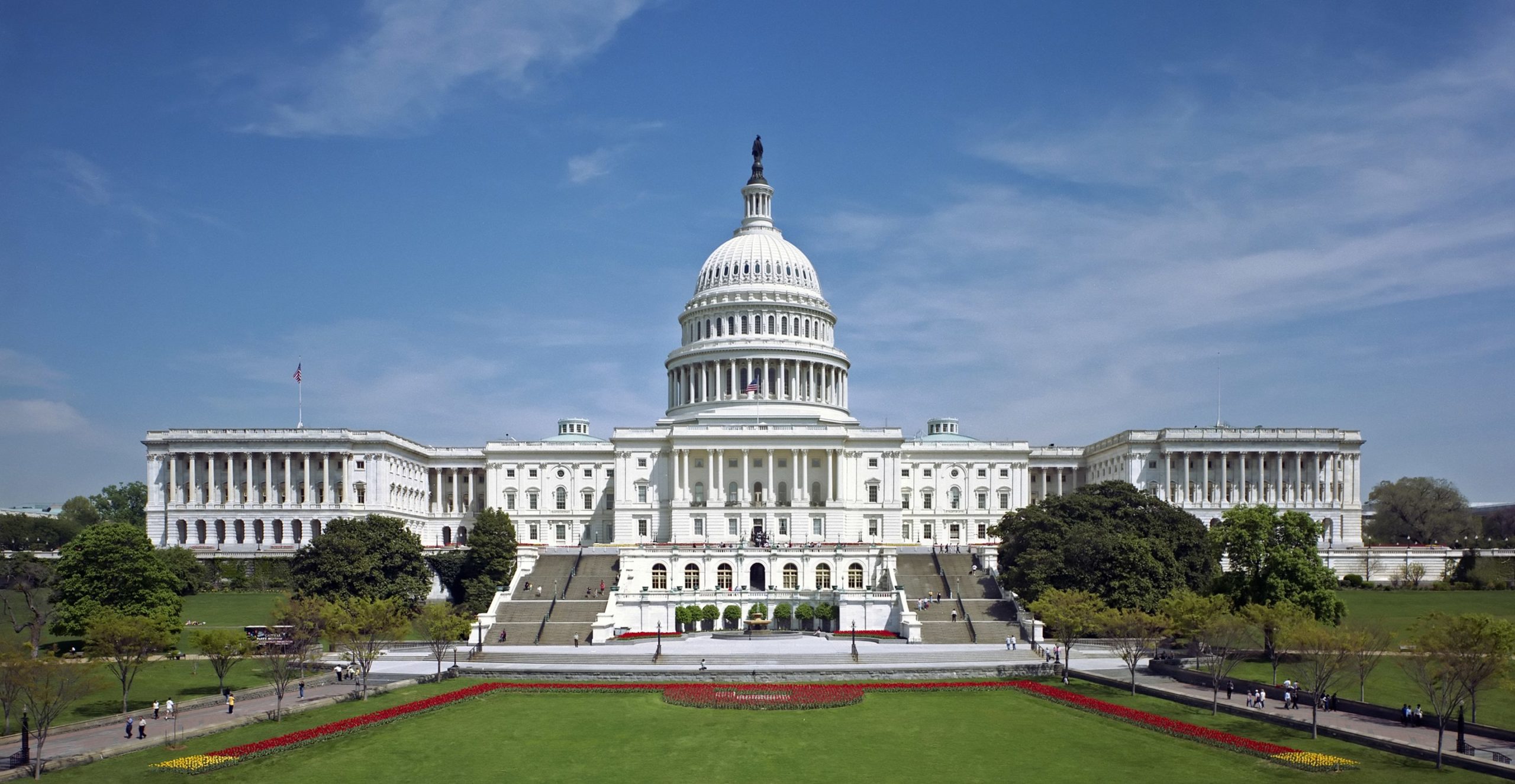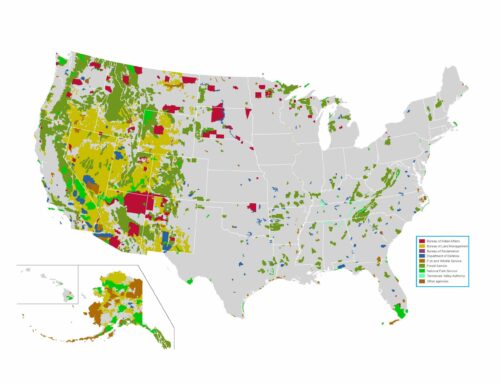by Greg Walcher, E&E Legal Senior Policy Fellow
As appearing in the Daily Sentinel
There is much ado about congressional leaders double-crossing Senator Joe Manchin, D-W.V., promising a vote on his environmental permitting reform bill in exchange for his vote for the massive climate bill. No sooner was that bill passed than Democrats on the House side announced their refusal to schedule a vote on Manchin’s bill. In many reports, including my own, it appeared that House leaders, especially Natural Resources Committee Chairman Raul Grijalva, D-Ariz., were miffed that they were not consulted when Senate leaders made the promise. They certainly had no intention of keeping it.
It turns out there is more at stake than bruised Capitol Hill egos, legendary though they are. Obviously, Grijalva and his environmental allies do not support Manchin’s attempt to shorten the often-daunting federal permitting process for infrastructure projects. But it’s more than that. Manchin’s approach is 180 degrees opposite the one they have worked on for years, which they call the “Environmental Justice for All Act.” In fact, Grijalva would lengthen the permitting process, enable more lawsuits and delays, making permitting more difficult, time-consuming and expensive.
In this Congress, there is no chance Grijalva’s bill will pass either House, but not because of a process dispute concerning how permitting should work. There is a much more fundamental issue that divides the two sides. Supporters call it “environmental justice” because nobody is really opposed to either the environment or justice. In this context, it is a buzzword for the perennial issue of “cumulative impacts.”
In truth, much of the Grijalva legislation was already adopted as part of an emergency wildfire bill this summer. Among other provisions, that made it easier for opponents not only to sue agencies for issuing permits, but also to claim discrimination under the Civil Rights Act if the plaintiffs are part of an “underserved community.” However, supporters were not satisfied because it did not include their most-wanted provision, language on “cumulative impacts.” That would require permitting decisions under both the Clean Water Act and Clean Air Act to consider the “cumulative effects” of emissions.






